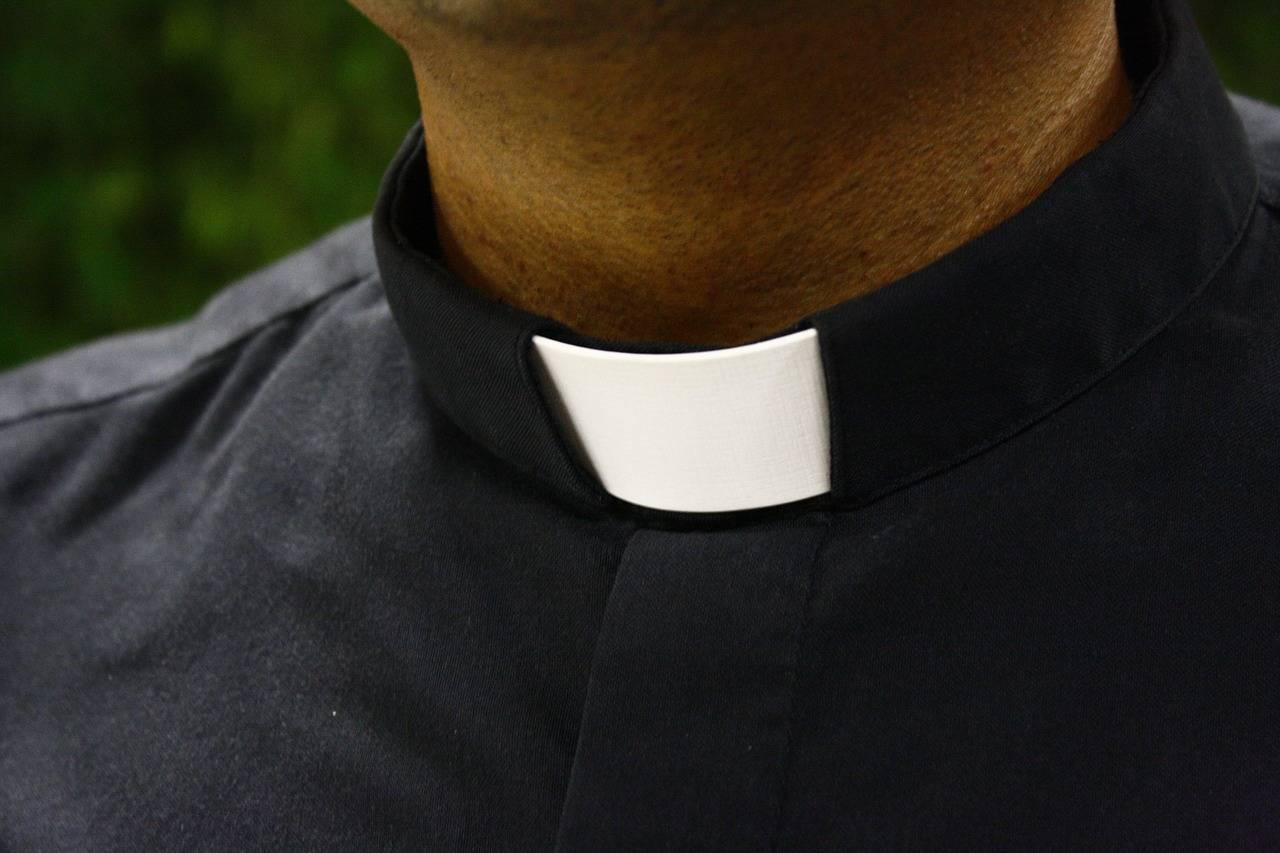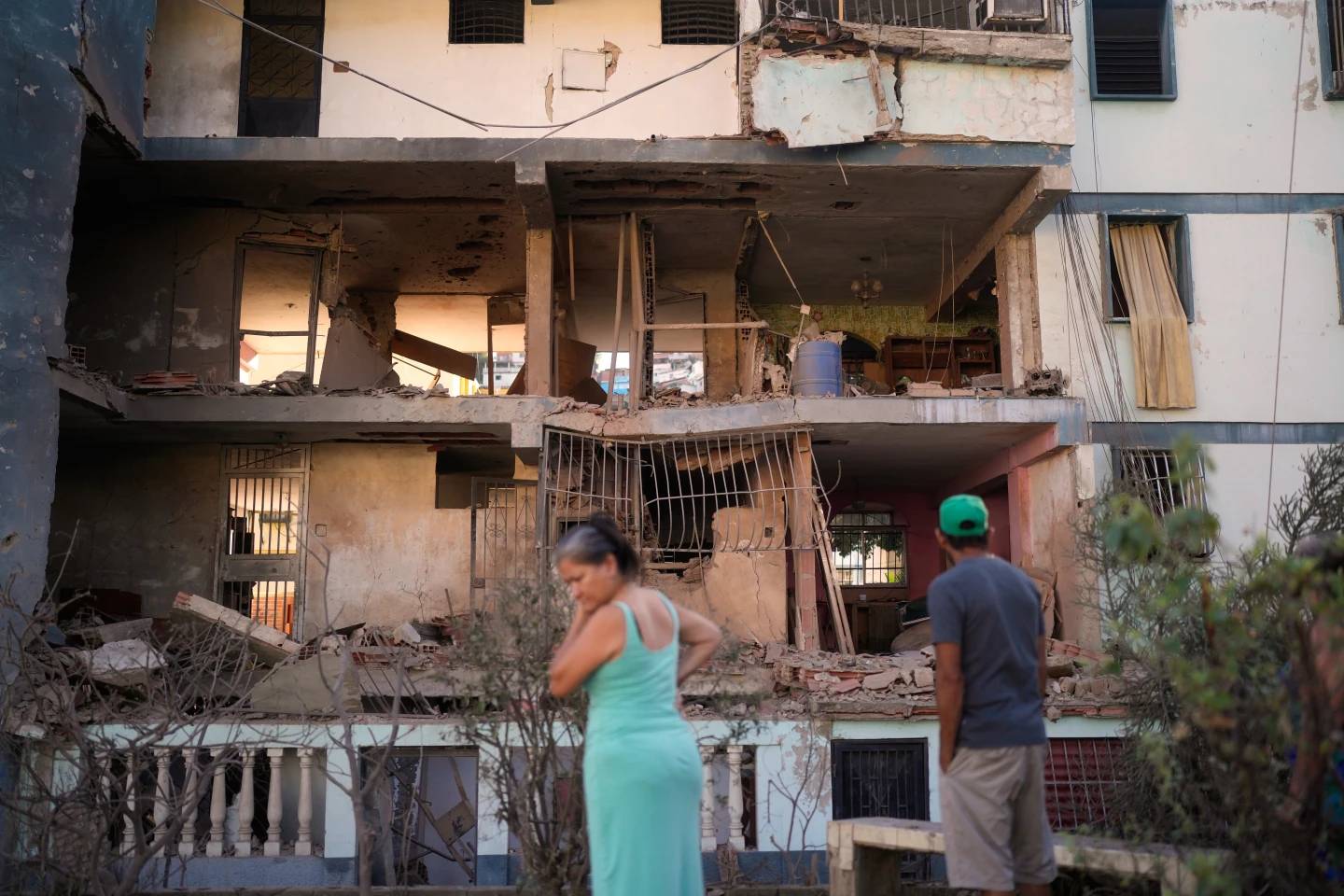ROME – Ever since Argentina had its first “patriotic government,” six years before its independence from Spain in 1816, it’s been traditional for the president to participate in an annual Te Deum ceremony celebrated in every cathedral of the country on May 25, marked by Argentines as Independence Day.
This year, a homily delivered by Pope Francis’s successor in Buenos Aires, the national capital, was heavily devoted to the pope’s agenda for his homeland.
“Isn’t this a moment to go towards a ‘Great National Pact’ with a wide and generous view, one which is neither functional nor circumstantial, leaving aside narrow sectarian interests?” asked Cardinal Mario Poli, before a packed cathedral including President Mauricio Macri and Vice President Gabriela Michetti, a longtime friend of Francis, in the front row.
Quoting history’s first Argentine pope, Poli said “it’s a proposal that overcomes all partisanship and faction, with the awareness that unity prevails over conflict and reality is more important than ideas.”
The Great National Pact, Poli said, has to be making a “preferential option” for the third of the Argentine population currently living under the poverty line.
The cardinal, who was handpicked by Francis as his replacement, also said the proposal should involve all the big names in Argentine politics, who must be open to “creating a culture of encounter, with intelligence, creativity and imagination, gathered at a dialogue table that accentuates the commonalities and not so much the differences.”
Poli said this “great aspiration” must pursue “legitimate utopias, based on the freedom and dignity of man, for the collective good of the nation, with real projects and looking deeply at Argentina and its realities, with a clear option for the poor.”
The cardinal acknowledged he was calling for a “Great Covenant of Honor,” capable of transmitting hope for the Argentine people, “drawing fraternal bridges in our society, which isn’t made for division and is not used to living in confrontation.”
Poli said the Argentine people “aspire to coexistence in peace, in justice, with education and work, and wants to recover the joy” of feeling at home.
“I don’t know if I expressed it well, but I do know that our people have the virtue of hope, and despite everything, always bets on a better tomorrow,” Poli said.
“There are many people who pray for their homeland, who love her well,” he added. “We join in their prayers and we ask God and all the saints in Heaven for their protection and blessing.”
Poli’s message came against the backdrop of upcoming national elections, which could see Macri reelected or the triumph of a ticket composed of Alberto Fernandez-Cristina Fernandez de Kirchner, putting the force internationally known as “Peronism” back in power.
Though the country faces an economic crisis fueled by growing inflation, if Macri remains in power until the end of his mandate in December, he’ll be the first non-Peronist president to finish a full term since Juan Domingo Peron in the 1940s.
“Politics is a fundamental vehicle for building citizenship and human activity, but when those who dedicate themselves to it do not live it as a service to the human community, it can become an instrument of oppression, marginalization and even destruction,” Poli warned Saturday.
Poli sketched the realities of a political season, saying “candidates will be defined, parties will make their proposals, there will be budgets for campaigns, speeches, electoral promises,” and a propaganda machine will “invade the daily life and even the peace of homes.”
Since he took office in 2015, Macri and his wife, Juliana Awada, have always attended the Te Deum in Buenos Aires Cathedral. However, Fernandez de Kirchner and her predecessor, her late husband Nestor Kirchner, avoided it from 2005 until 2013.
Bergoglio was known for being critical of the Argentine political class and, according to various reports, the Kirchners took it personally, to the point that the late president once dubbed the future pope as the “head of the opposition.”
Poli’s comments on a “Great National Pact” are not without precedent. It’s something Macri called for earlier this month, in part because Fernandez de Kirchner is slowly but steadily growing in the polls.
Soon after Macri made his proposal, while they were in Rome for a visit bishops pay to the Vatican, the Argentine bishops offered tentative backing in seeking a national consensus on politically sensitive issues, in a move that could be construed as giving a boost to the conservative incumbent.
The 10-point agreement proposed by Macri included things such as “respect of the law,” promoting foreign investment and upholding commitments with entities that have loaned Argentina money, such as the International Monetary Fund. The declaration also speaks about reducing inflation levels and promoting growth in exports.
The Argentine bishops said that for the proposal to be “fruitful,” it should include different political and social actors, “attentively listening to the priorities of each one,” and looking for a “consensual” agenda that represents priorities expressed during dialogue efforts, being the “result of an encounter and not previous to it.”
The letter was signed by the executive commission of Argentina’s bishops’ conference, including its president, the bishop of San Isidro Oscar Ojea, and Poli.
RELATED: Pope tells Argentina bishops he wants to make a homecoming soon
After Saturday’s Te Deum, Macri’s chief of staff told reporters that the government “greatly shares the words of the cardinal. We think working at the service of the people, working at the service of peace, is very important.”
Last year, the reaction from the government to Poli’s homily wasn’t the same, as the cardinal addressed a debate for the legalization of abortion greenlighted by Macri.
Quoting Francis, last year Poli said that the “defense of the unborn must be clear, firm and passionate.”
Follow Inés San Martín on Twitter: @inesanma
Crux is dedicated to smart, wired and independent reporting on the Vatican and worldwide Catholic Church. That kind of reporting doesn’t come cheap, and we need your support. You can help Crux by giving a small amount monthly, or with a one time gift. Please remember, Crux is a for-profit organization, so contributions are not tax-deductible.














